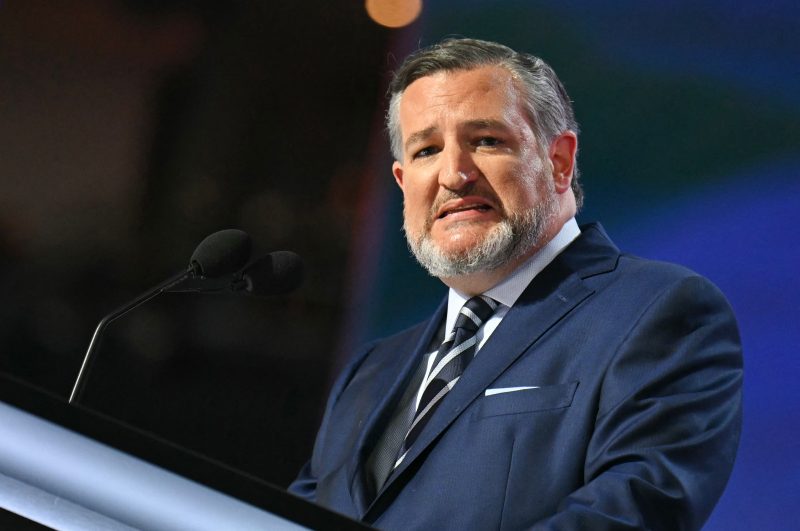In a move that may have far-reaching implications for the GOP’s stance on immigration and voting rights, Senator Ted Cruz of Texas has been at the forefront of amplifying what has been dubbed the immigrant voting lie. This push into murky territory raises significant questions about the direction of the party and the rhetoric being used to advance partisan agendas.
One of the central claims being made by Cruz and other GOP leaders is that allowing undocumented immigrants a pathway to citizenship would essentially hand Democrats a permanent electoral advantage. This fear-mongering tactic plays on the anxieties of conservative voters and oversimplifies the complex relationship between immigration, citizenship, and voting rights.
Cruz has been particularly vocal in spreading this narrative, using it as a rallying cry to mobilize the Republican base against any form of immigration reform that includes a pathway to citizenship. By framing the issue in terms of partisan advantage rather than the human rights and economic benefits of comprehensive immigration reform, Cruz and his allies are deepening the political divide and further entrenching negative perceptions of immigrants.
However, the immigrant voting lie is just that—a falsehood that is not supported by data or empirical evidence. Numerous studies have shown that immigrants, including those who become naturalized citizens, do not overwhelmingly support one party over another. In fact, many immigrants hold diverse political beliefs and values that defy easy categorization along partisan lines.
Furthermore, the idea that expanding access to citizenship for undocumented immigrants would automatically translate into a surge of Democratic voters overlooks the fact that the process of naturalization is rigorous and time-consuming. Becoming a citizen requires meeting strict eligibility criteria, passing exams, and demonstrating a commitment to the values of the United States.
In light of these realities, Cruz’s insistence on perpetuating the immigrant voting lie raises serious concerns about the GOP’s approach to immigration policy and its commitment to democratic principles. By prioritizing narrow political interests over crafting fair and humane solutions to the complex challenges of immigration, Cruz and others are risking further alienating immigrant communities and eroding trust in the political process.
The debate over immigration and voting rights is sure to continue, with Cruz and his allies doubling down on their rhetoric and opponents pushing back against their misleading claims. As the conversation unfolds, it is essential for all stakeholders to engage in informed and respectful dialogue, grounded in facts and a genuine commitment to upholding the integrity of the electoral system and the rights of all individuals, regardless of their immigration status.
